Ethereum devs expect 10x lower rollup costs as Dencun upgrade hits testnets
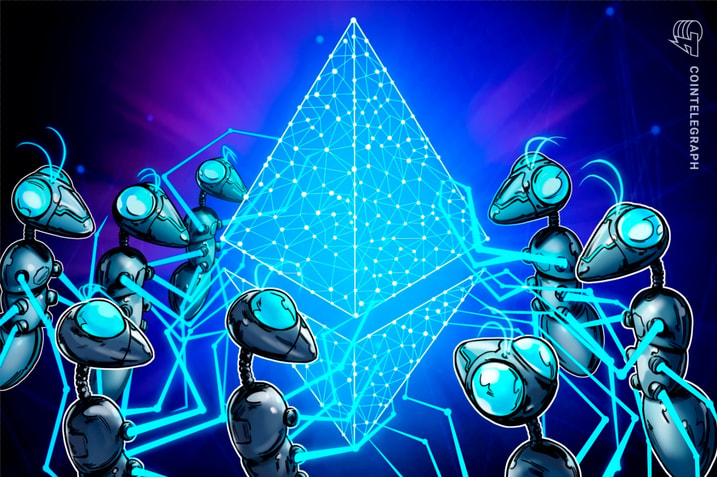
Ethereum layer 2 rollups stand to benefit significantly from the systematic Dencun upgrade, which hit the Goerli testnet in January 2024.

The Ethereum ecosystem is edging closer to significantly lower gas fees and faster transaction speeds for layer 2 rollups as the Dencun upgrade hits the network’s three testnets in early 2024.
The Dencun network upgrade was activated on the Goerli testnet on Jan. 17, introducing several Ethereum Improvement Proposals (EIPs). Of particular interest is EIP-4844, which enables proto-danksharding, a highly anticipated improvement that is touted to reduce L2 transaction fees.
Prysm encountered a bug right at Goerli's hard fork. The bug has been identified, and a fix is currently being merged. A hot patch image will be released within the next few hours. Sorry for the inconvenience, and thank you for your patience!https://t.co/PR9V0lqoCN
— terence.eth (@terencechain) January 17, 2024
As initially reported, the deployment of Dencun to Goerli suffered a four-hour delay caused by a bug that prevented the testnet from finalizing the upgrade. Nebojsa Urosevic, co-founder of Ethereum development platform Tenderly, unpacked the details of the bug in correspondence with Cointelegraph.
“The network could not sync with nodes because of a bug in Prysm, Ethereum’s proof-of-stake client,” Urosevic said.
The Tenderly co-founder, who also acts as the SVP of its engineering team, noted that client client synchronisation delays are common, which allowed for the bug to be identified and rectified timeously:
“It’s one of the reasons why there are multiple clients, and why testnets exist.”
Ethereum Foundation protocol lead Tim Beiko also shared a debrief from the latest All Core Developers Execution Call on Jan. 18, which outlined the historical root issue. Historical roots are a legacy mechanism that Ethereum’s Beacon Chain used to manage the computational load of the blockchain’s state.
As Beiko sums up, the bug was related to Ethereum’s proof-of-stake client Prysm setting the historical roots value to 0 which prevented the Goerli testnet from finalizing the Dencun upgrade:
In short, every 256 epochs, CL clients save a specific value, called the Historical Root. A bug in Prysm set this value to 0 instead of copying over the last historical root when Deneb activated.
— timbeiko.eth ☀️ (@TimBeiko) January 18, 2024
Dencun roadmap
As the official Ethereum blog outlines, Dencun incorporates 9 different EIPs. Urosevic highlighted proto-danksharding and blob transactions as the most anticipated of the EIPs:
“Proto-danksharding is a major step toward improved Ethereum scalability, thanks to the use of blob-carrying transactions instead of calldata.”
Urosevic explains that data blobs will improve storage efficiency by making transaction data temporarily available in a “compressed” format. He adds that they are more cost-effective compared to calldata, with a potential reduction in costs of up to 80 to 90%.
Related: Big changes coming to Ethereum’s account abstraction to save on gas
Following the successful implementation on Goerli, the Sepolia and Holesky testnets are next in line to undergo the Dencun upgrade. Urosevic notes that successful deployment on all three testnets is required before plans are made to upgrade Ethereum’s mainnet.
Dencun’s storage improvements
Ethereum sidechain Gnosis’ infrastructure Director Phillippe Schommers highlights that Dencun will provider more block space and lower costs to L2s, while data that was previously stored indefinitely onchain will be discarded after two weeks:
“This is scalability in a way that is compatible with our endgame, without sacrificing decentralization.”
Urosevic echoes these sentiments, citing storage improvements as one of the major impacts of the Dencun upgrade.
“L2 networks will be able to store data on L1 more efficiently. Blobs will be deleted approximately every two weeks, which is enough for L2s to manage, retrieve, and verify the data. This makes blobs cheaper than typical transaction calldata which is stored indefinitely,” Urosevic explains.
The result sees Dencun deliver lower gas fees and faster transactions fees, which stands to open opportunities for “new, more complex applications on L2 solutions”:
“Dencun will probably lower rollup transaction costs by up to ten times, depending on blob space demand.”
Rollups stand to be the biggest beneficiaries of the new upgrade, as their economic viability and scalability are enhanced by reduced operational costs.
Anurag Arjun, co-founder of data availability blockchain Avail, adds that the significant growth rates in demand for blockspace from rollups in 2023 suggests an expected increase in the demand for blockspace for data availability from L2s moving forward:
“Proto-danksharding will provide some relief, but it’s clear that rollups need a whole lot more block space for data availability, and we need to be thinking about how we can achieve this in a way that still prioritises decentralisation, scalability and security,” Arjun tells Cointelegraph.
While the systematic upgrades of the Ethereum network work towards lower fees and faster transactions, protocols like Avail could help address block space demands of rollups in the interim.
Related: Ether price jumps 20% vs. Bitcoin as BlackRock boosts Ethereum ETF bets
Arjun notes that recent benchmarks of Avail’s zkEVM Validium reduce transaction fees by 90% by posting transaction data to Avail instead of Ethereum.
“It still settles to Ethereum and provides data availability guarantees that are decentralized and secure. This is becoming quite an attractive option for blockchains looking to move into the Ethereum ecosystem.”
Urosevic sums up the end game of Dencun’s upgrade on the Ethereum mainnet, commenting that its implementation will ma first time scalability issues are addressed directly on the mainnet. Multiple EIPs will bring greater storage efficiency, lower gas fees, and an overall better experience for developers, while making rollups even more cost-efficient,” Urosevic said.
“Multiple EIPs will bring greater storage efficiency, lower gas fees, and an overall better experience for developers, while making rollups even more cost-efficient,” Urosevic adds.
Magazine: Slumdog billionaire 2: ‘Top 10… brings no satisfaction’ says Polygon’s Sandeep Nailwal

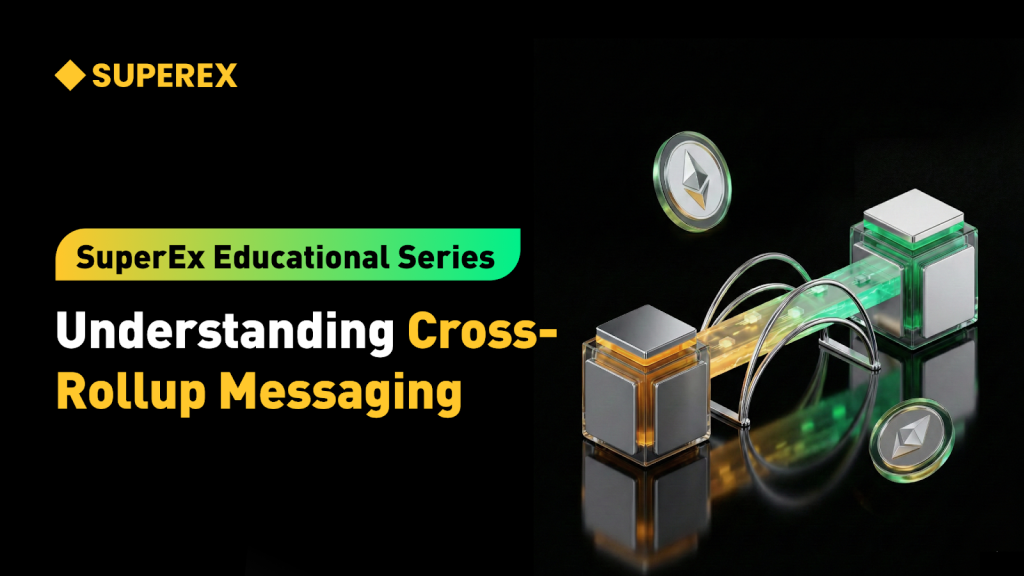
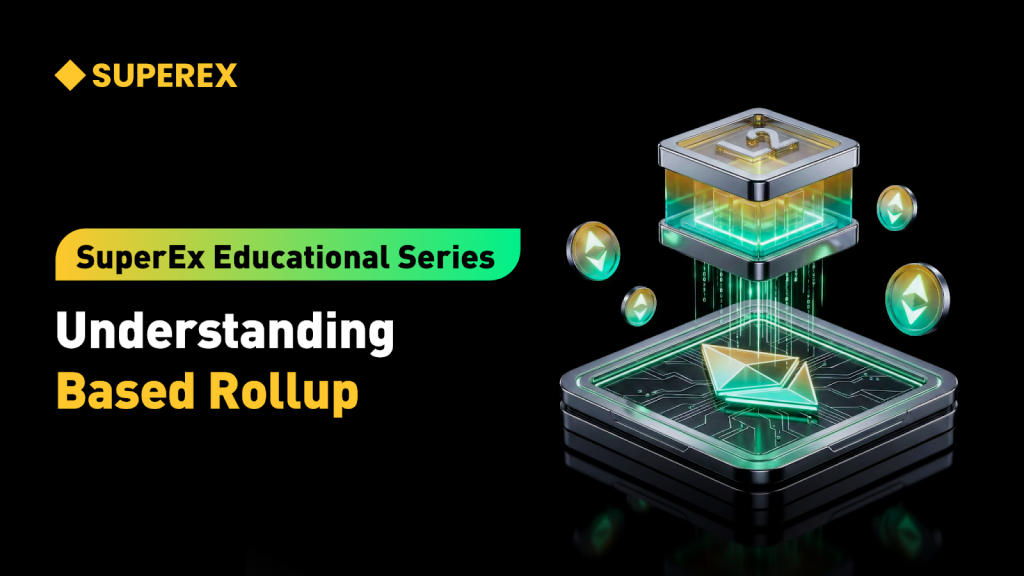
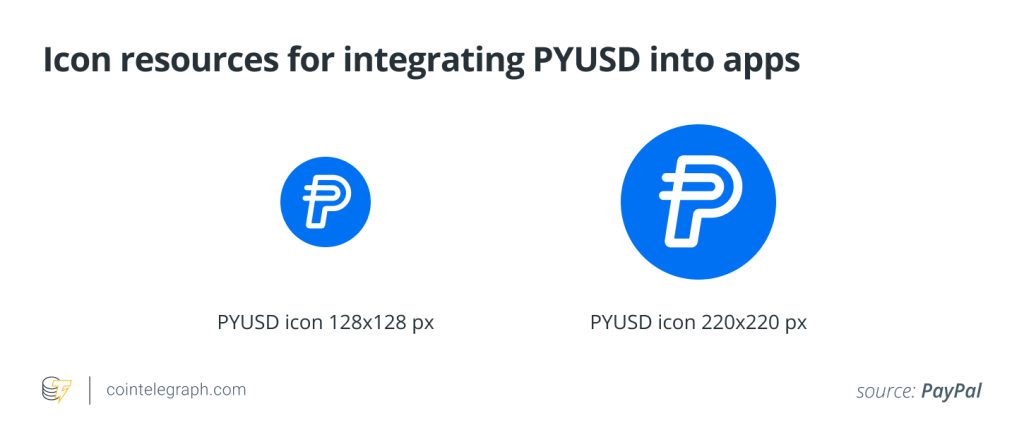
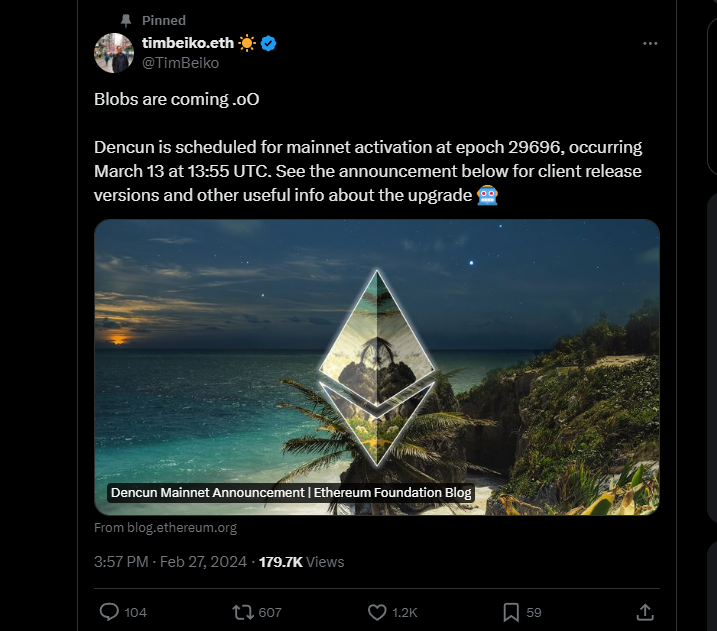
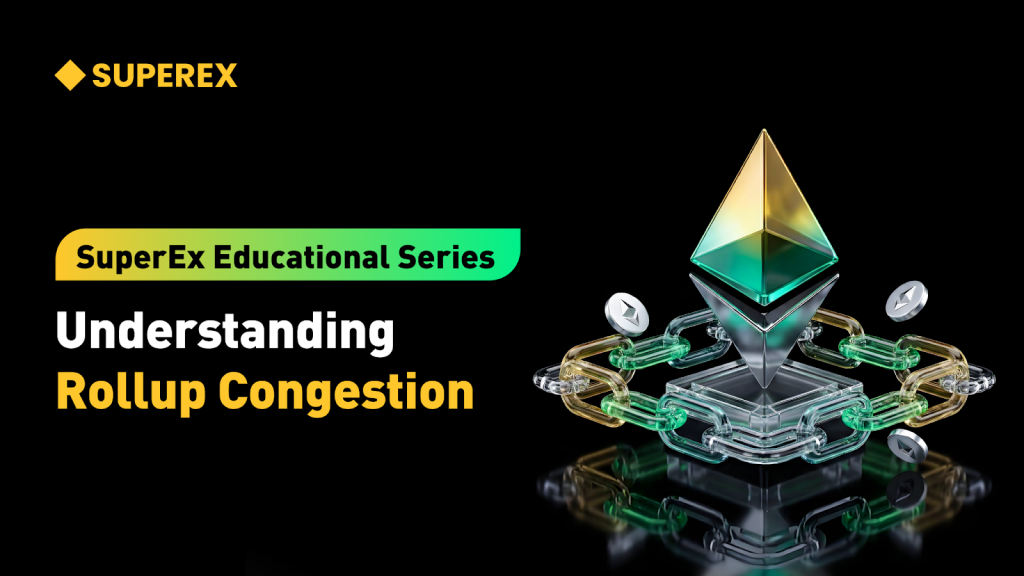
… [Trackback]
[…] Find More on that Topic: x.superex.com/news/blockchain/3252/ […]
… [Trackback]
[…] Read More Info here on that Topic: x.superex.com/news/blockchain/3252/ […]
… [Trackback]
[…] Find More on that Topic: x.superex.com/news/blockchain/3252/ […]
… [Trackback]
[…] Read More to that Topic: x.superex.com/news/blockchain/3252/ […]
… [Trackback]
[…] Read More Information here to that Topic: x.superex.com/news/blockchain/3252/ […]
… [Trackback]
[…] Find More to that Topic: x.superex.com/news/blockchain/3252/ […]
… [Trackback]
[…] Find More on on that Topic: x.superex.com/news/blockchain/3252/ […]
… [Trackback]
[…] Find More Info here to that Topic: x.superex.com/news/blockchain/3252/ […]
… [Trackback]
[…] Find More Information here on that Topic: x.superex.com/news/blockchain/3252/ […]
… [Trackback]
[…] Read More on on that Topic: x.superex.com/news/blockchain/3252/ […]
… [Trackback]
[…] Find More Info here on that Topic: x.superex.com/news/blockchain/3252/ […]
… [Trackback]
[…] Here you will find 26782 more Info on that Topic: x.superex.com/news/blockchain/3252/ […]
… [Trackback]
[…] Find More on on that Topic: x.superex.com/news/blockchain/3252/ […]
… [Trackback]
[…] Information to that Topic: x.superex.com/news/blockchain/3252/ […]
… [Trackback]
[…] Read More Information here on that Topic: x.superex.com/news/blockchain/3252/ […]
… [Trackback]
[…] There you can find 87723 more Information to that Topic: x.superex.com/news/blockchain/3252/ […]
… [Trackback]
[…] There you can find 25491 additional Information on that Topic: x.superex.com/news/blockchain/3252/ […]
… [Trackback]
[…] Find More on to that Topic: x.superex.com/news/blockchain/3252/ […]
… [Trackback]
[…] Read More Info here on that Topic: x.superex.com/news/blockchain/3252/ […]
… [Trackback]
[…] Read More on on that Topic: x.superex.com/news/blockchain/3252/ […]
… [Trackback]
[…] Here you will find 69554 additional Info to that Topic: x.superex.com/news/blockchain/3252/ […]
… [Trackback]
[…] Find More Information here on that Topic: x.superex.com/news/blockchain/3252/ […]
… [Trackback]
[…] Find More on that Topic: x.superex.com/news/blockchain/3252/ […]
… [Trackback]
[…] Find More on to that Topic: x.superex.com/news/blockchain/3252/ […]
… [Trackback]
[…] Here you can find 47400 more Information on that Topic: x.superex.com/news/blockchain/3252/ […]
… [Trackback]
[…] Read More to that Topic: x.superex.com/news/blockchain/3252/ […]
… [Trackback]
[…] Here you will find 25742 more Information on that Topic: x.superex.com/news/blockchain/3252/ […]
… [Trackback]
[…] Find More to that Topic: x.superex.com/news/blockchain/3252/ […]
… [Trackback]
[…] Info on that Topic: x.superex.com/news/blockchain/3252/ […]